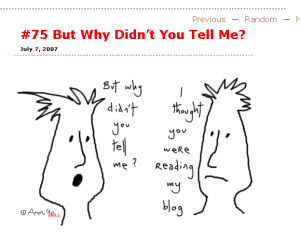The other night, while so much of the world was busy counting medals a man was not convicted of murder for killing a 17-yr old boy who was listening to loud music in his car with his friends in front of a convenience store in Florida.
That boy could have been any one of my students.
Jordan Davis could have been my son. He could have been yours.
What angers me so much was that this was not a tragic accident.
His 47 year old killer shot 10 shots at a parked car because he felt threatened by the boys who were listening to loud “thug” music inside.
What?
Yeah. And a jury could not reach a verdict. They could not unanimously decide that when a white man shoots a black teenaged boy that it is murder.
What?
Think about this and be angry. And be sad. (If you are a teacher or in any other position of influence, I hope you do more than just think)
Be Angry. Be Sad. The sadness keeps us human and connected. The anger may drive that sadness to do something.
(Just don’t play any loud music on that drive. Especially not if you are a young man of colour.)

